In the world of digital currencies, Bitcoin is the gold standard. It offers decentralization, financial freedom, and potential profits like never before. But with great promise comes great risk. But don’t worry! With some knowledge and simple strategies, you can keep your Bitcoins safe from theft, fraud, and scams.
The digital landscape is full of dangers, from clever hackers to complex scams, all aiming to steal your Bitcoins. Imagine waking up to find your digital assets gone, taken by unknown thieves. It’s a common story in the crypto world.
This guide will help you become a Bitcoin safety expert. We’ll debunk common myths, highlight major threats, and provide practical tips on how to keep your Bitcoins safe. Whether you’re an experienced trader or new to crypto, learning how to safeguard your Bitcoins is important.
So, get ready to dive into the basics of Bitcoin safety. By the end of this article, you’ll be better informed and more confident in protecting your digital currency. Let’s turn a likely nightmare into a tale of smart crypto management and resilience.
Understanding Bitcoin Safety
Bitcoin is a powerful digital currency that offers numerous benefits, but it also comes with its share of risks. Over the years, many people have lost their Bitcoins to theft, scams, or simple mistakes. Today, we’re going to explore how to become a “Bitcoin Safety” expert so you can avoid these pitfalls and keep your digital assets secure.
The Importance of Bitcoin Safety
Bitcoin, as a decentralized digital currency, is naturally secure thanks to its underlying blockchain technology. However, the weak link in Bitcoin’s security often lies with the individuals who handle it. Many cases of lost Bitcoins aren’t due to flaws in Bitcoin’s technology but rather due to user errors, security lapses, or scams.
By understanding the basics of Bitcoin safety, you can significantly reduce the risk of losing your digital assets.
Common Myths About Bitcoin Security
A common misconception among newcomers is that because Bitcoin is digital, it can be easily hacked or manipulated. While it’s true that the digital world has its dangers, Bitcoin itself is incredibly secure.
The blockchain technology behind Bitcoin has withstood numerous attacks over the years. The real issue often lies with the people handling Bitcoins. Whenever you hear about stolen Bitcoins, it’s usually because the owner wasn’t careful enough, not because of a flaw in Bitcoin’s technology.
Why People Lose Their Bitcoins
The main reason people lose their Bitcoins is due to mishandling their private keys. Think of the private key to your Bitcoin wallet as the combination to a safe. Whoever knows this key can access and control your Bitcoins.
It’s the key to your digital treasure chest.
The Consequences of Losing Your Private Key
If you lose this key or if it falls into the wrong hands, your Bitcoins are gone forever. No customer service or recovery process can retrieve them for you. This reality underscores the critical importance of keeping your private key secure. It’s not just about protecting your investment; it’s about securing your financial future.
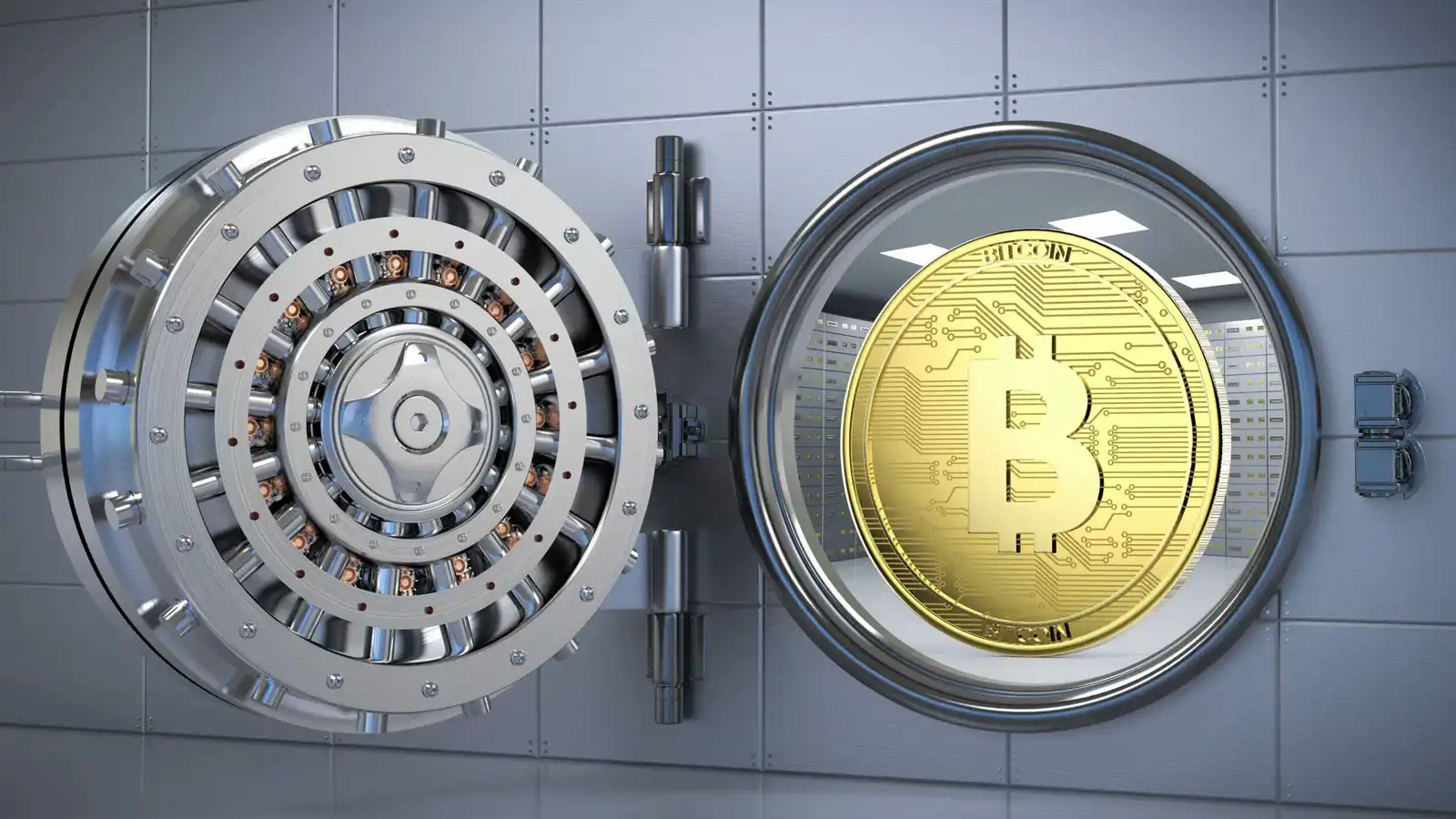
How To Keep Your Bitcoin Safe?
In the ever-evolving world of cryptocurrency, ensuring the safety of your Bitcoin is important. With digital assets becoming increasingly valuable, the threat of theft, scams, and mishandling looms large.
Protecting your Bitcoin isn’t just about using secure technology; it’s about adopting smart practices and being cautious. This section will guide you through basic strategies to protect your Bitcoin, assuring your investments remain secure and accessible only to you.
Whether you’re a seasoned investor or new to the crypto space, these tips will help you guide the digital landscape with confidence.
Protecting Your Private Key
If there’s one key takeaway about Bitcoin safety, it’s this: You, and only you, should know the private key to your Bitcoin wallet. This private key, or seed phrase, is nearly the combination of a safe. Whoever has access to this key can access and control your Bitcoins.
Using a third-party Bitcoin wallet can be convenient, but it comes with risks. When you rely on a third-party wallet, both you and the provider have access to the private key. This means that if the company decides to shut down your account or, in the worst-case scenario, run away with your Bitcoins, there’s little you can do to stop them.
Think of it like putting your money in a bank. While the bank holds your funds and manages them, you don’t have full control over your money. If something goes wrong at the bank, your money could be at risk.
For this reason, it’s necessary to store your private key securely. Avoid keeping large amounts of Bitcoin in third-party wallets and, instead, use more secure methods such as hardware wallets.
These wallets are physical devices designed to keep your private keys offline and out of reach from potential hackers. While they come with a cost, the peace of mind they provide is well worth the investment.
To sum it up, your private key is the gateway to your Bitcoin fortune. Keep it safe, keep it private, and always be cautious about where and how you store it. Your Bitcoin security depends on it.
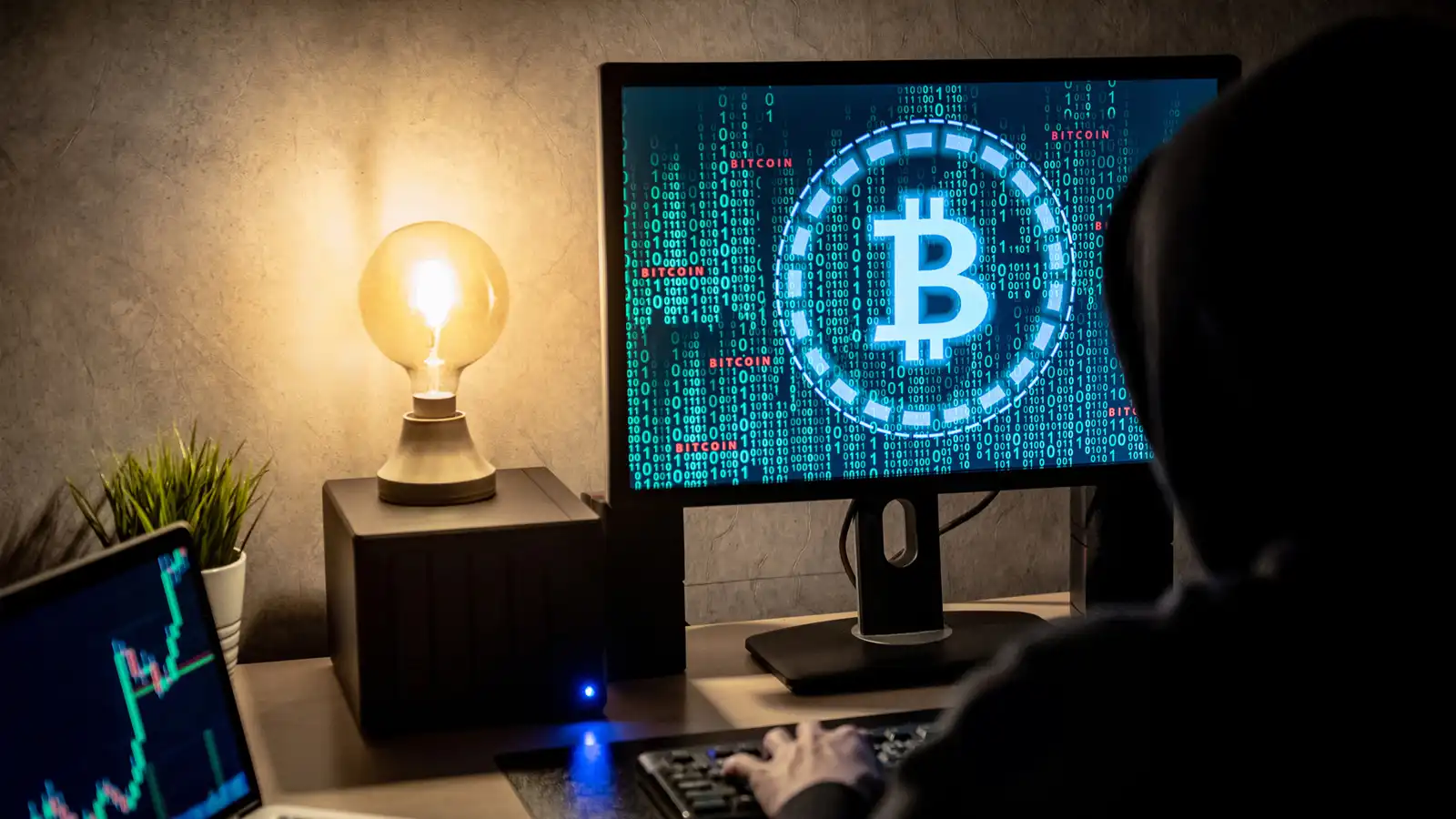
Using Hardware Wallets
For large amounts of Bitcoin, always use hardware wallets. These devices offer the highest level of security currently available.
Unlike software wallets, which are susceptible to malware and hacking attempts, hardware wallets store your private keys offline. This makes it nearly impossible for hackers to access your funds remotely.
What is a Hardware Wallet?
A hardware wallet is a physical device, often resembling a USB stick, designed to securely store your private keys. The main advantage of using a hardware wallet is that it keeps your private keys offline, away from the internet, where they are most vulnerable to cyber-attacks.
This offline storage, also known as “cold storage,” ensures that even if your computer is infected with malware, your Bitcoins remain safe.
How Does it Work?
When you want to make a transaction, you connect the hardware wallet to your computer or smartphone. The transaction is then signed within the device itself, using the stored private keys, before being broadcast to the Bitcoin network.
This means that your private keys never leave the hardware wallet, adding an extra layer of security.
Popular Hardware Wallet Options
There are several reputable hardware wallets available on the market. Some of the most popular options include:
- Ledger Nano S/X: Known for its robust security features and support for multiple cryptocurrencies, the Ledger Nano series is a favorite among Bitcoin enthusiasts.
- Trezor Model T: Another highly regarded option, the Trezor Model T offers an easy-to-use interface and top-notch security features.
- KeepKey: Known for its large display and user-friendly design, KeepKey is a solid choice for those new to hardware wallets.
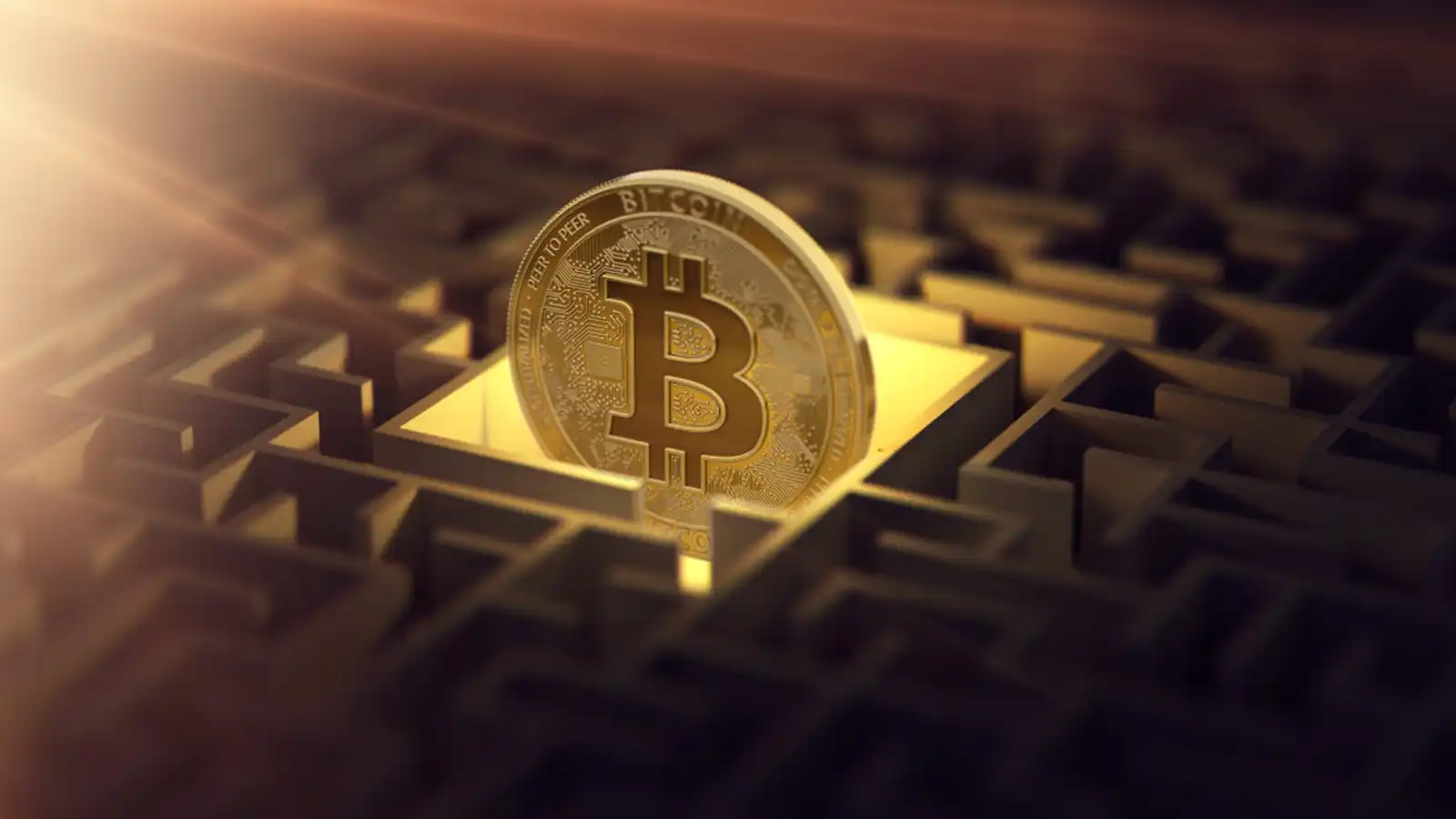
Setting Up Your Hardware Wallet
Setting up a hardware wallet is relatively straightforward. Here are the general steps:
- Purchase and Unbox: Buy your hardware wallet from a reputable source to confirm it’s not tampered with. Unbox the device and check for any signs of interference.
- Initialize the Wallet: Connect the wallet to your computer or smartphone and follow the manufacturer’s instructions to initialize the device. This usually involves downloading the companion app and setting up a PIN code.
- Backup Your Seed Phrase: During the setup process, the device will generate a seed phrase, which is a series of 12 to 24 words. This phrase is important for recovering your wallet if the device is lost or damaged. Write it down on a piece of paper and store it in a secure place.
- Transfer Your Bitcoins: Once your wallet is set up, transfer your Bitcoins from your current wallet to the hardware wallet’s address. Double-check the address to ensure there are no mistakes.
Benefits of Using a Hardware Wallet
- Enhanced Security: With private keys stored offline, hardware wallets offer unparalleled protection against online threats.
- User-Friendly: Despite their advanced security features, most hardware wallets are designed to be user-friendly and easy to operate.
- Backup and Recovery: The seed phrase backup ensures you can recover your funds if the device is lost, stolen, or damaged.
Investing in a hardware wallet is one of the smartest decisions you can make to keep your Bitcoins safe from fraud and theft. While they come with an initial cost, the peace of mind they provide is priceless.
By keeping your private keys offline and secure, you can significantly reduce the risk of losing your digital assets to theft or hacking. So, if you hold a large amount of Bitcoin, don’t hesitate—get a hardware wallet and safeguard your crypto investments today.
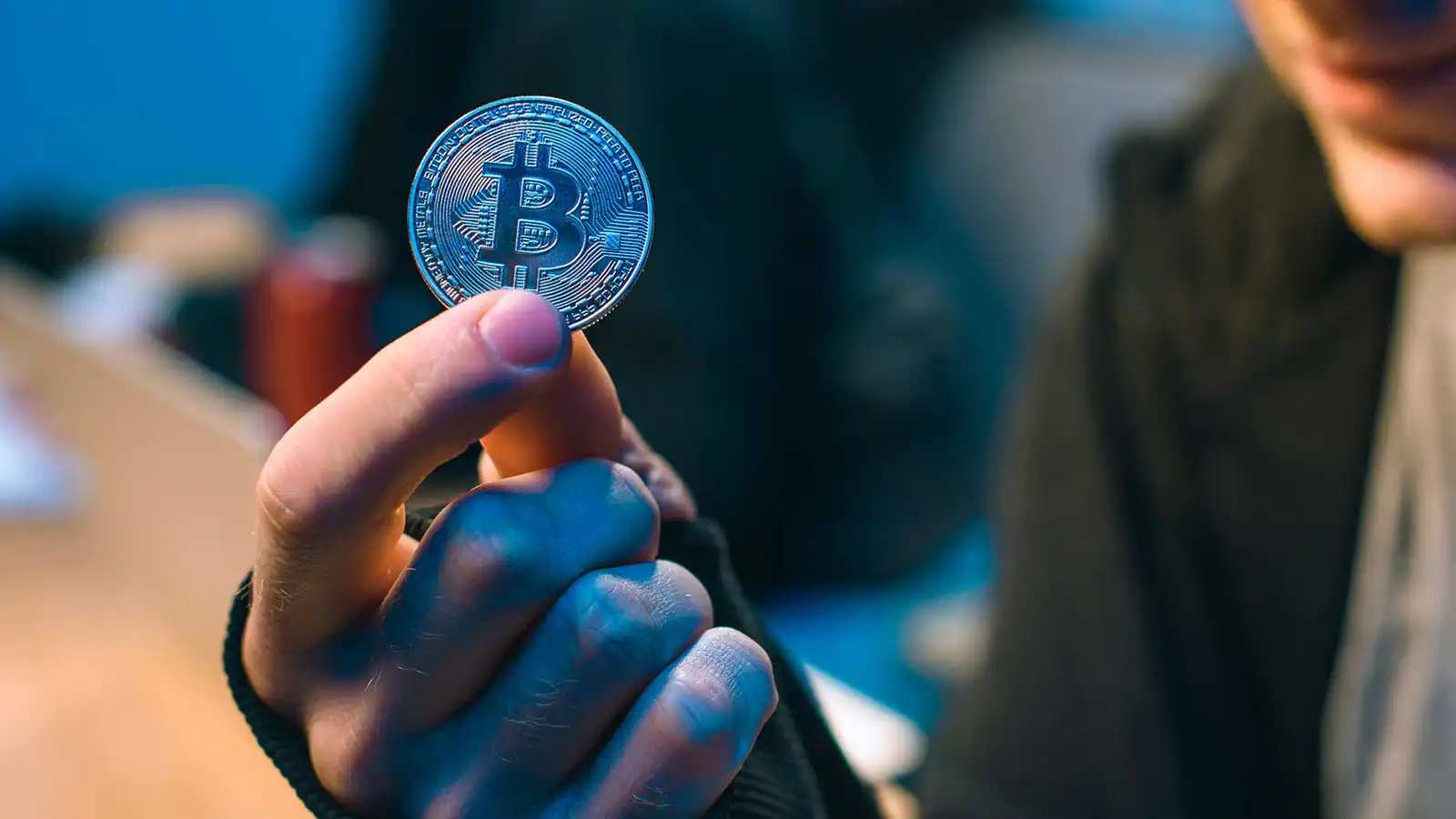
Avoiding Bitcoin Loss
Losing your Bitcoins usually means losing access to your private key. For instance, James Howells, a British man, accidentally threw away a hard drive containing his private key, which was linked to a wallet with 7,500 Bitcoins now worth millions. This highlights why safeguarding your private key is so important; once lost, those Bitcoins are gone forever.
To avoid such a disaster, you should back up your private key. Here’s how:
Writing It Down
One effective method is to write down your private key on paper. Store this paper in a secure location, like a safe or locked drawer. Paper backups are offline, reducing digital theft risks, but ensure they’re kept in a place where they won’t be easily lost or damaged.
Using a Flash Drive
You can also save your private key on a flash drive.
Flash drives are portable and can be stored in a safe deposit box or another secure spot. For added security, encrypt the data on the flash drive so that even if it’s lost or stolen, the information remains protected.
Multiple Backups
Creating multiple backups is wise.
Use a mix of paper and digital storage methods, and keep these backups in different locations, such as at home, in a safe deposit box, and with a trusted friend. This way, if one backup is compromised, others remain safe.
Encrypting Your Private Key
Encrypt your private key to add another layer of security. Encryption transforms your key into a format that requires a decryption key to access it, making it harder for unauthorized individuals to use it even if they gain physical access.
Secure Storage Locations
Store backups in secure places like a home safe or a bank’s safe deposit box, rather than easily accessible spots. These options provide protection from theft, fire, and other risks.
Regular Checks
Regularly check your backups to confirm they remain in good condition. Paper can degrade and digital storage can fail, so regular checks help catch possible issues early.
Backing up and securing your private key is necessary to keep your Bitcoins safe. Use a combination of methods and storage locations to keep your private key safe and your digital assets secure.

Avoiding Bitcoin Theft
Online wallets and exchanges are often the weakest links when it comes to Bitcoin security. These platforms, while convenient, are more vulnerable to theft compared to more secure storage methods. Ideally, you should avoid keeping your Bitcoins on these sites.
However, if you need to store funds for trading or other purposes, taking extra precautions is essential.
First and foremost, secure your accounts with strong passwords. Your password should be at least 8 characters long and include a mix of lowercase and uppercase letters, numbers, and special characters like exclamation marks or question marks. Avoid using easily guessable passwords or reusing passwords from other accounts.
A good practice is to use a password manager. These tools can generate complex, unique passwords for each of your accounts and store them securely. This not only makes managing passwords easier but also enhances your overall security by reducing the risk of password reuse and weak passwords.
Enabling Two-Factor Authentication (2FA)
Whenever possible, make sure to enable Two-Factor Authentication (2FA) for your accounts. This extra layer of security can make a huge difference in protecting your Bitcoins and other sensitive information.
2FA works by requiring two forms of identification before granting access to your account. The first is something you know, like your password. The second is something you have, such as a mobile phone that receives a unique PIN code. This means even if someone manages to steal your password, they won’t be able to access your account without also having access to your mobile phone.
For the most powerful security, use dedicated 2FA apps like Google Authenticator or Authy. These apps generate time-based codes that are refreshed every few seconds, making them much harder for attackers to intercept compared to text messages. They also don’t rely on your phone’s network, so they are less vulnerable to interception or SIM-swapping attacks.
By setting up 2FA and using a reliable app, you add a strong barrier against unauthorized access and enhance the overall security of your accounts. This simple step can significantly reduce the risk of losing your Bitcoins and other valuable assets.
Securing Your Network
When using Bitcoin services, it’s necessary to connect through trusted and secure networks. Public Wi-Fi, like those in coffee shops or airports, is convenient but often insecure. Hackers frequently target these networks to steal your data.
Whenever possible, avoid accessing your Bitcoin accounts or making transactions over public Wi-Fi. Instead, use a secure, password-protected home network or a trusted mobile network. If you need to use public Wi-Fi, make sure to connect through a Virtual Private Network (VPN). A VPN encrypts your internet connection and hides your online activity, making it much harder for hackers to see what you’re doing.
In addition to using a VPN, always check that the websites you use for Bitcoin transactions are secure. Look for “https://” at the beginning of the URL in your browser’s address bar. This indicates that the site uses SSL encryption to protect your data as it travels over the internet.
By following these straightforward steps, you can protect your Bitcoin transactions and personal information from potential threats, so your digital assets remain safe.
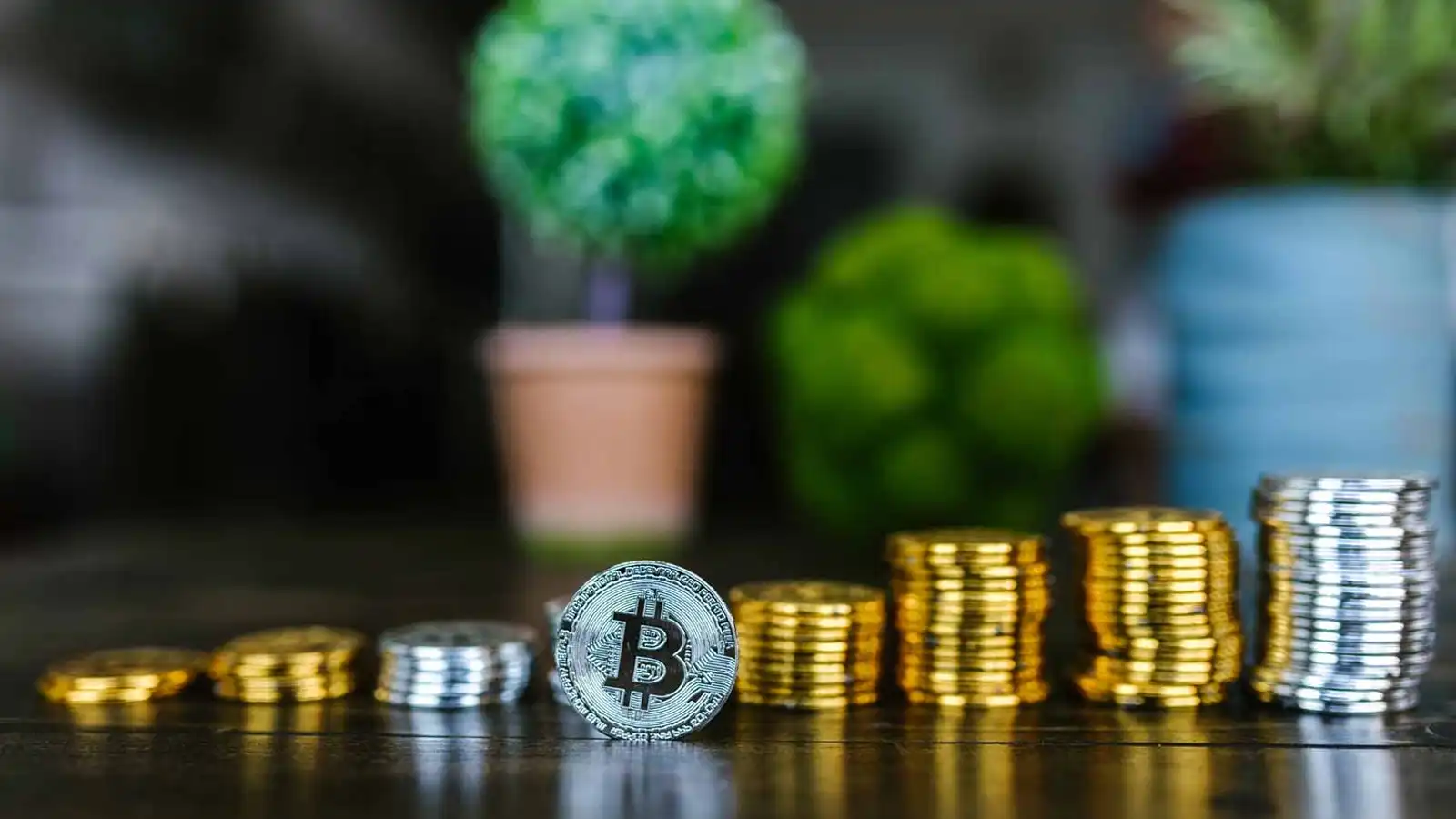
Avoiding Bitcoin Scams
Bitcoin scams are prevalent and can take various forms, such as phishing and Ponzi schemes. Being aware of these scams is essential to protect your digital assets.
Understanding Phishing Scams
Phishing scams aim to trick you into sharing personal details like login credentials or private keys. These scams often appear as fake websites or deceptive emails.
For example, you might get an email pretending to be from a legitimate Bitcoin service, asking you to click a link and enter your details. That link could lead to a fraudulent site designed to steal your information.
To protect yourself:
- Verify the Domain Name: Check the website’s URL carefully. Confirm it matches the official site and watch out for minor misspellings or unusual characters.
- Look for Secure Connections: Confirm that the site uses “https://” and a padlock icon in the address bar. This means that your data is encrypted.
- Avoid Unsolicited Emails: Don’t click on links or open attachments from unknown sources. Legitimate companies won’t ask for sensitive information via email.
Recognizing Ponzi Schemes
Ponzi schemes lure investors with promises of high returns with minimal risk. They rely on new investors to pay returns to earlier ones and eventually collapse when they can’t attract enough new participants.
To avoid Ponzi schemes:
- Be Skeptical of Unrealistic Promises: If an investment seems too good to be true, it likely is. High returns with little risk are major red flags.
- Research the Investment: Investigate the background and legitimacy of the opportunity. Verify the credentials of those involved and ensure they comply with regulations.
- Consult Professionals: If unsure, seek advice from financial experts before investing.
By staying vigilant and informed, you can better protect yourself from Bitcoin scams and secure your digital assets.
Additional Tips for Bitcoin Safety
To keep your Bitcoins safe and protect against scams use the above-mentioned recommendations.
Here are some additional tips to help you stay secure.
Double-Check Recipient Addresses
Bitcoin transactions are permanent and irreversible, meaning once you send Bitcoin, you cannot get it back. To avoid mistakes, it’s essential to double-check the recipient’s address before finalizing any transaction. Even a minor error in the address can lead to your Bitcoin being sent to the wrong person or lost forever.
Here’s how to be diligent:
- Verify Address Carefully: Copy and paste the recipient’s address directly to avoid typos. Make sure it matches the address provided by the recipient exactly. Double-check each character to ensure accuracy.
- Confirm with the Recipient: For larger amounts, it’s a good idea to confirm the address through another communication channel, like a phone call or message. This extra step can prevent mistakes from incorrect or fraudulent addresses.
Trust Your Transactions
Trust is essential when dealing with Bitcoin. Always make sure you are dealing with reliable individuals or services. Scammers often exploit trust to steal Bitcoin.
To stay safe:
- Use Reputable Services: Stick with well-known and reputable exchanges or wallets. Look for reviews and check their security features before using them.
- Avoid High-Risk Transactions: Be cautious of deals or offers that seem too good to be true. If something feels suspicious or too favorable, it’s better to be cautious and avoid it.
Wait for Confirmations
For larger transactions, it’s wise to wait for multiple confirmations before considering the transaction complete. Bitcoin transactions need to be confirmed by the network, and this process helps ensure the transaction is valid and irreversible.
Here’s what to do:
- Understand Confirmation Requirements: Generally, waiting for at least six confirmations is recommended for larger transactions. This ensures that the network has thoroughly verified the transaction.
- Check Confirmation Status: Use a block explorer to track the status of your transaction. This tool shows how many confirmations your transaction has received and helps you confirm that it’s complete.
By following these additional tips when you buy cryptocurrency like Bitcoin, you can further protect your Bitcoin transactions and enhance your overall security. These precautions will help keep your digital assets safe and secure.
Following these tips can keep your Bitcoins safe from theft, scams, and loss. Keep your private key safe, use hardware wallets for large amounts, secure your online accounts, and be cautious of phishing and Ponzi schemes. Stay informed and vigilant to keep your Bitcoins safe.
I hope you found this guide helpful. Remember, knowing is only half the battle. It’s now time to put what you’ve learned into practice to make your Bitcoin safe.
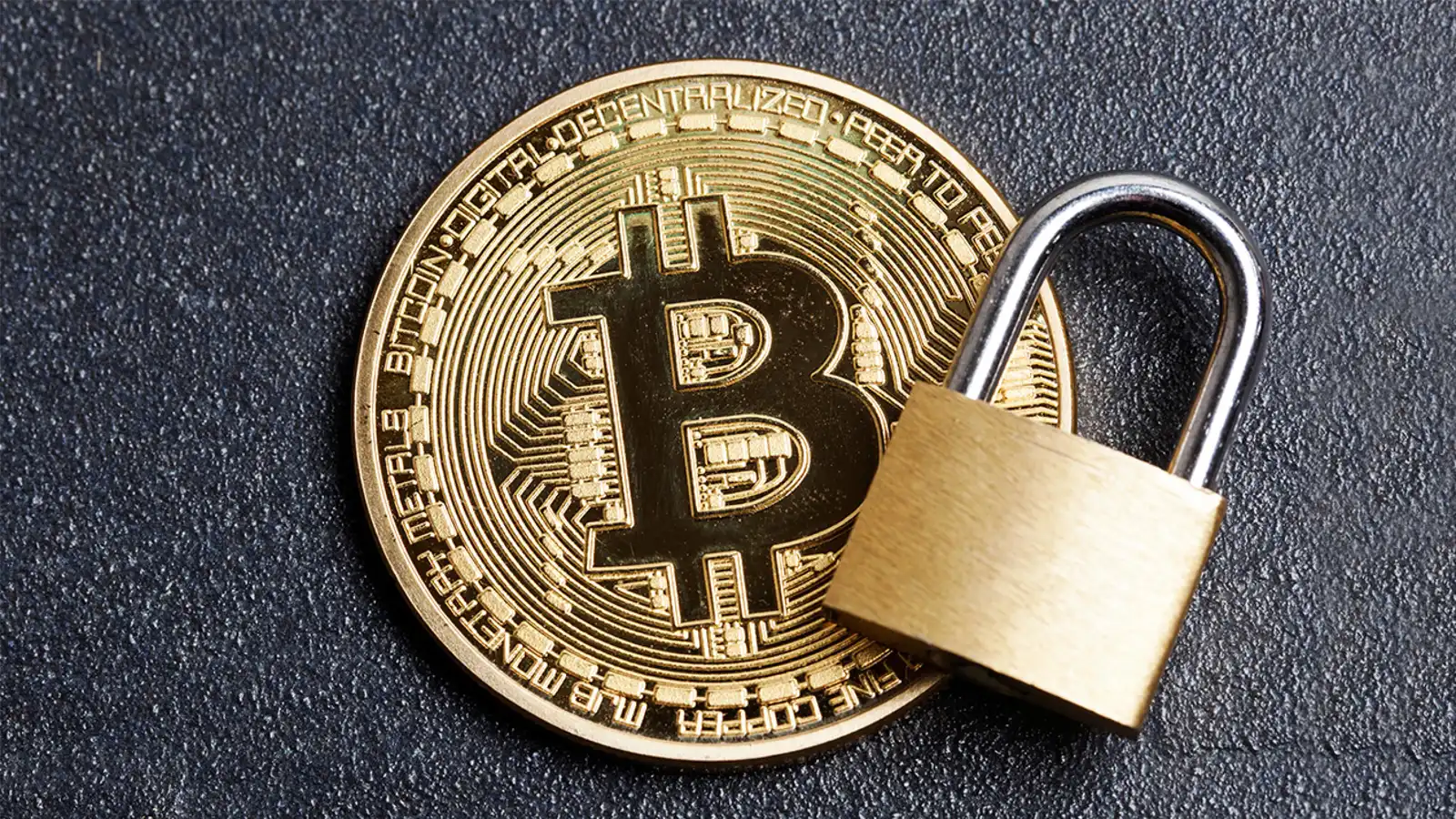
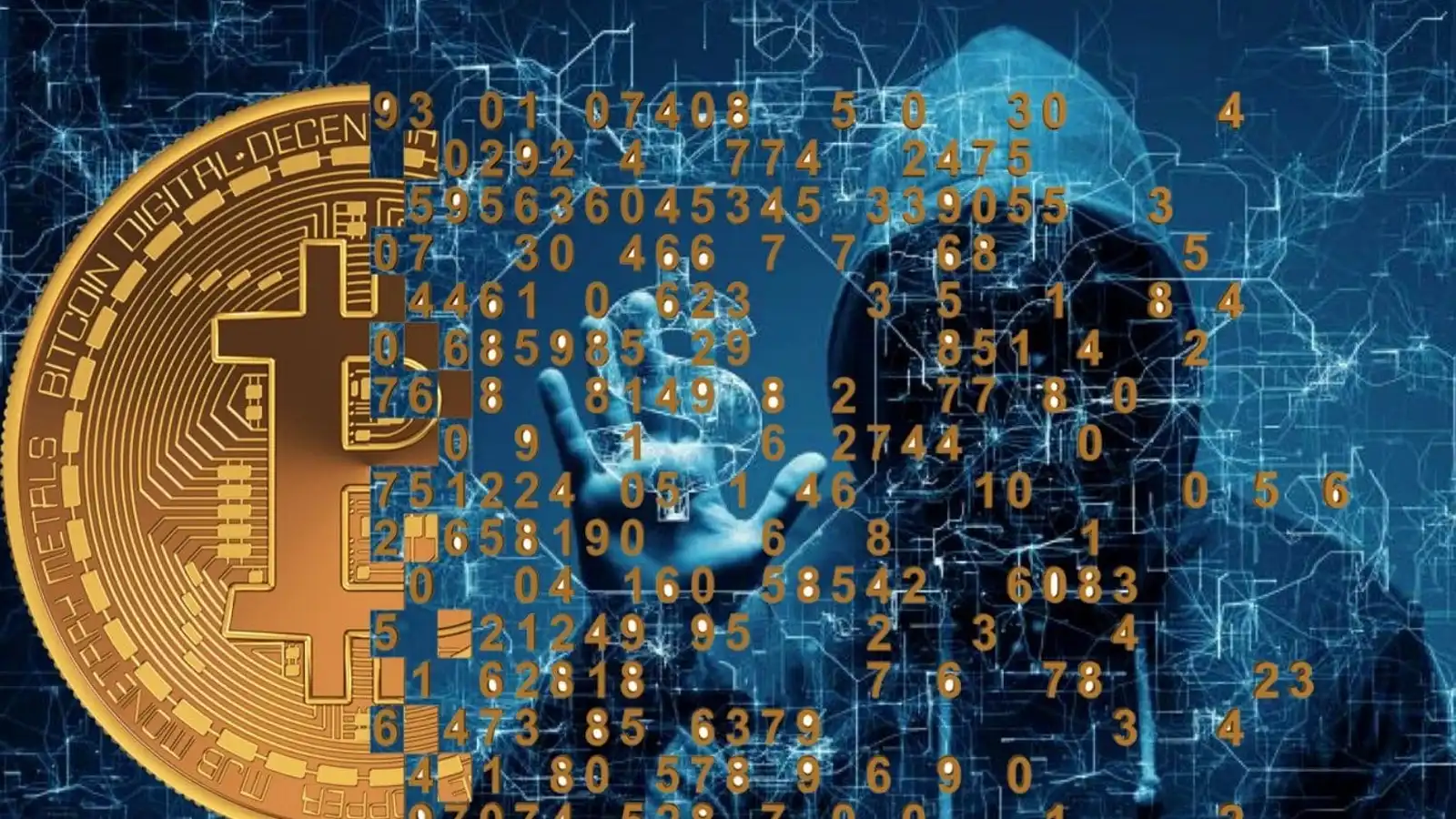


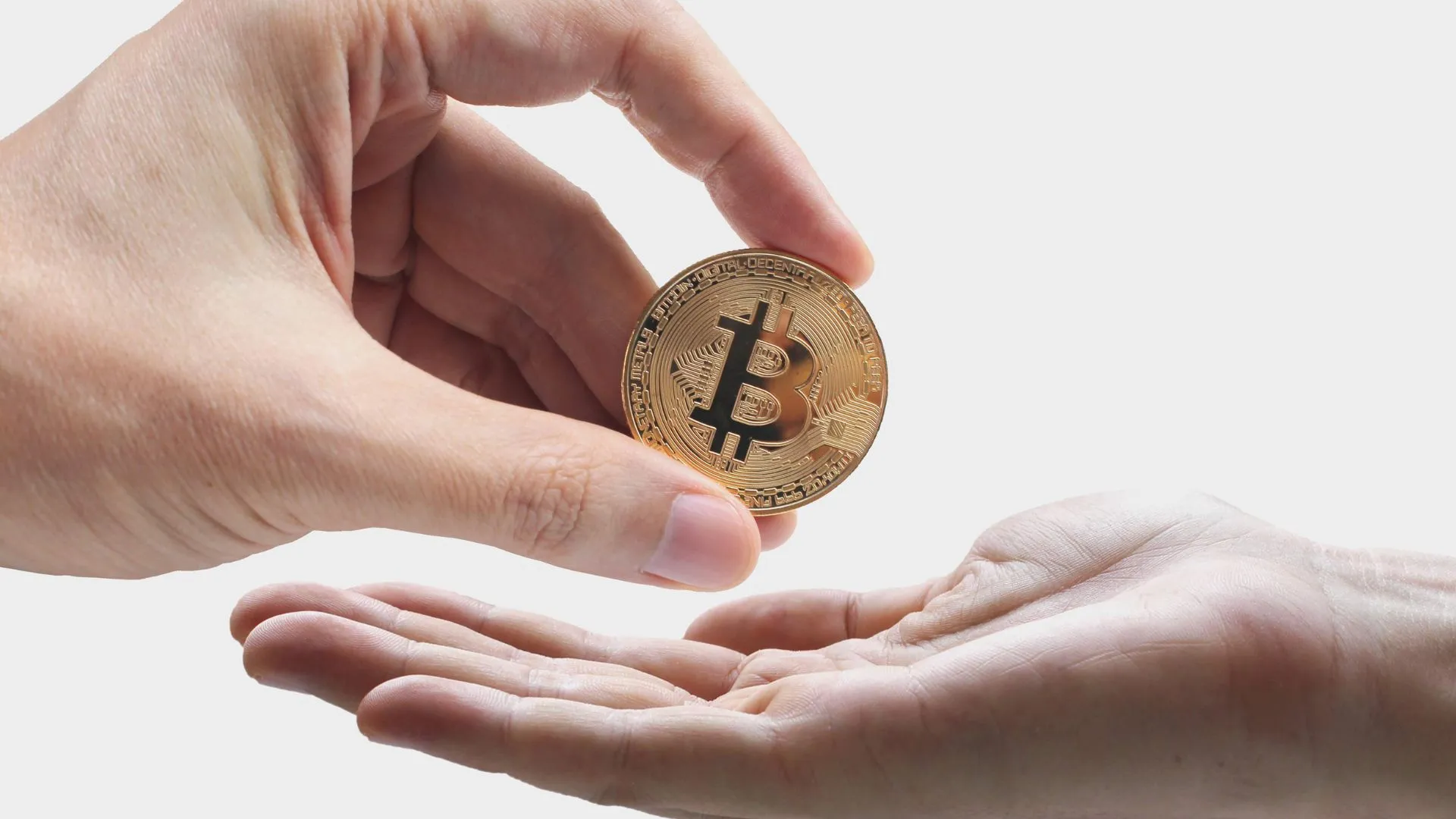
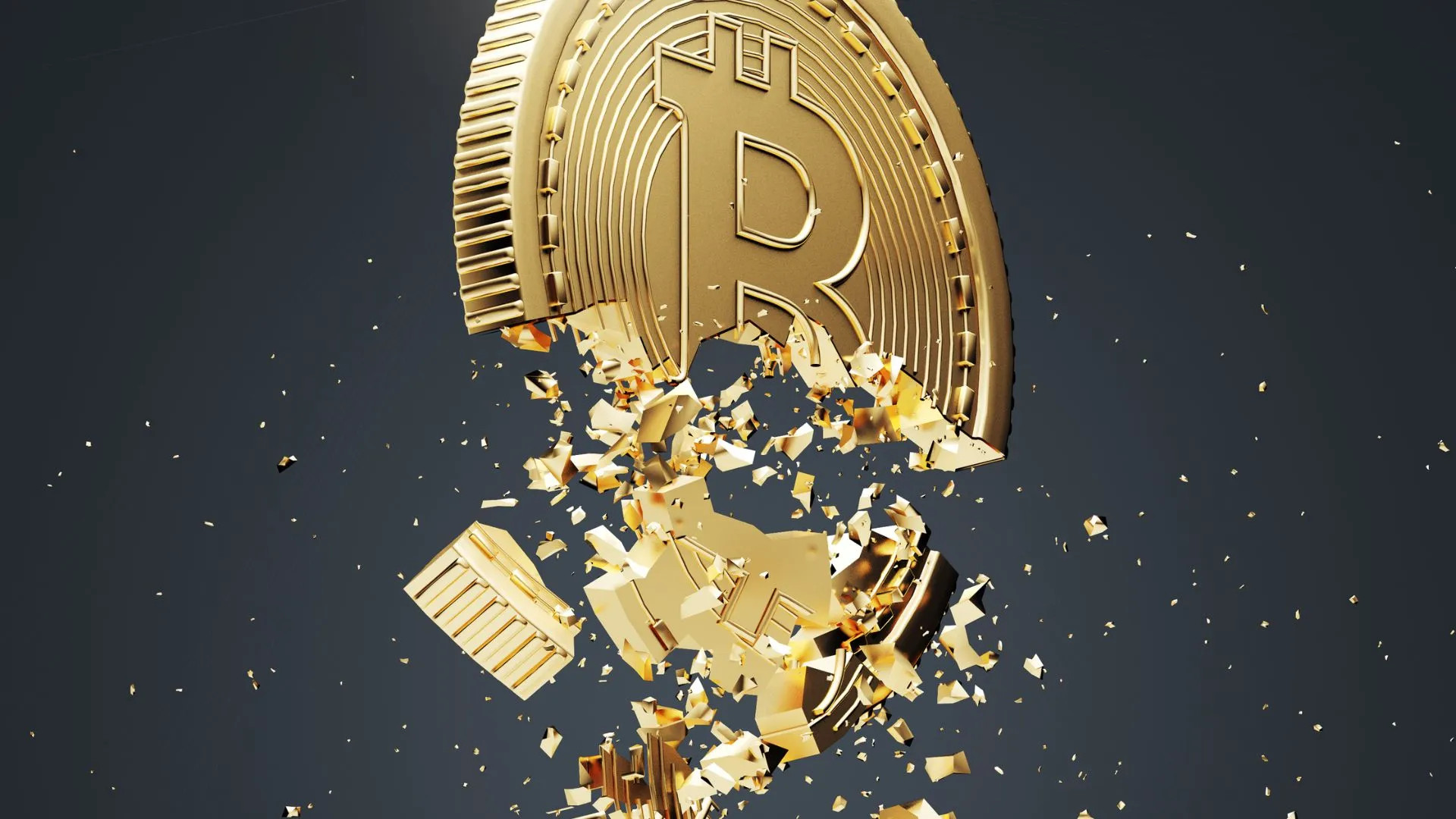
Recent Comments